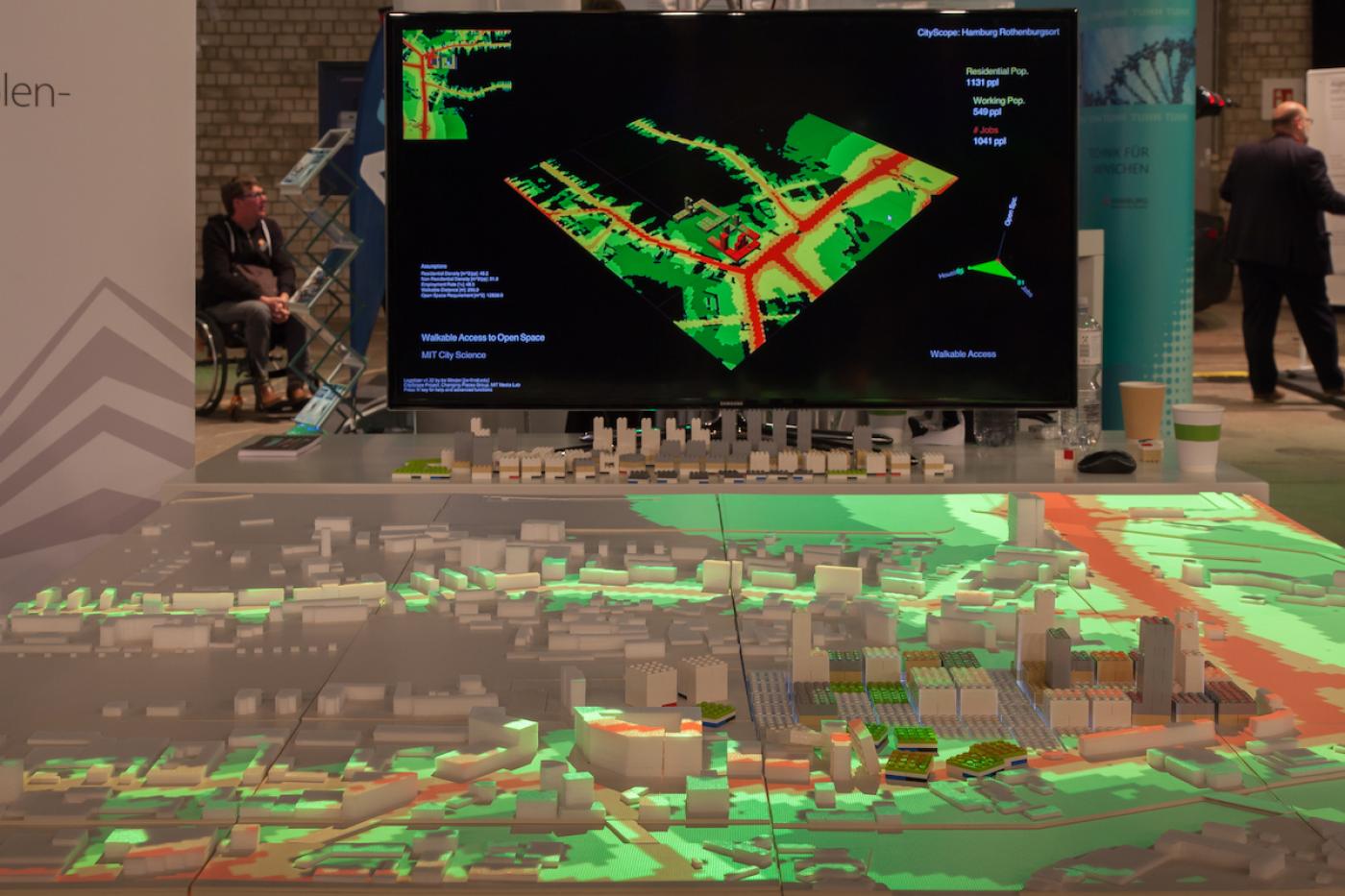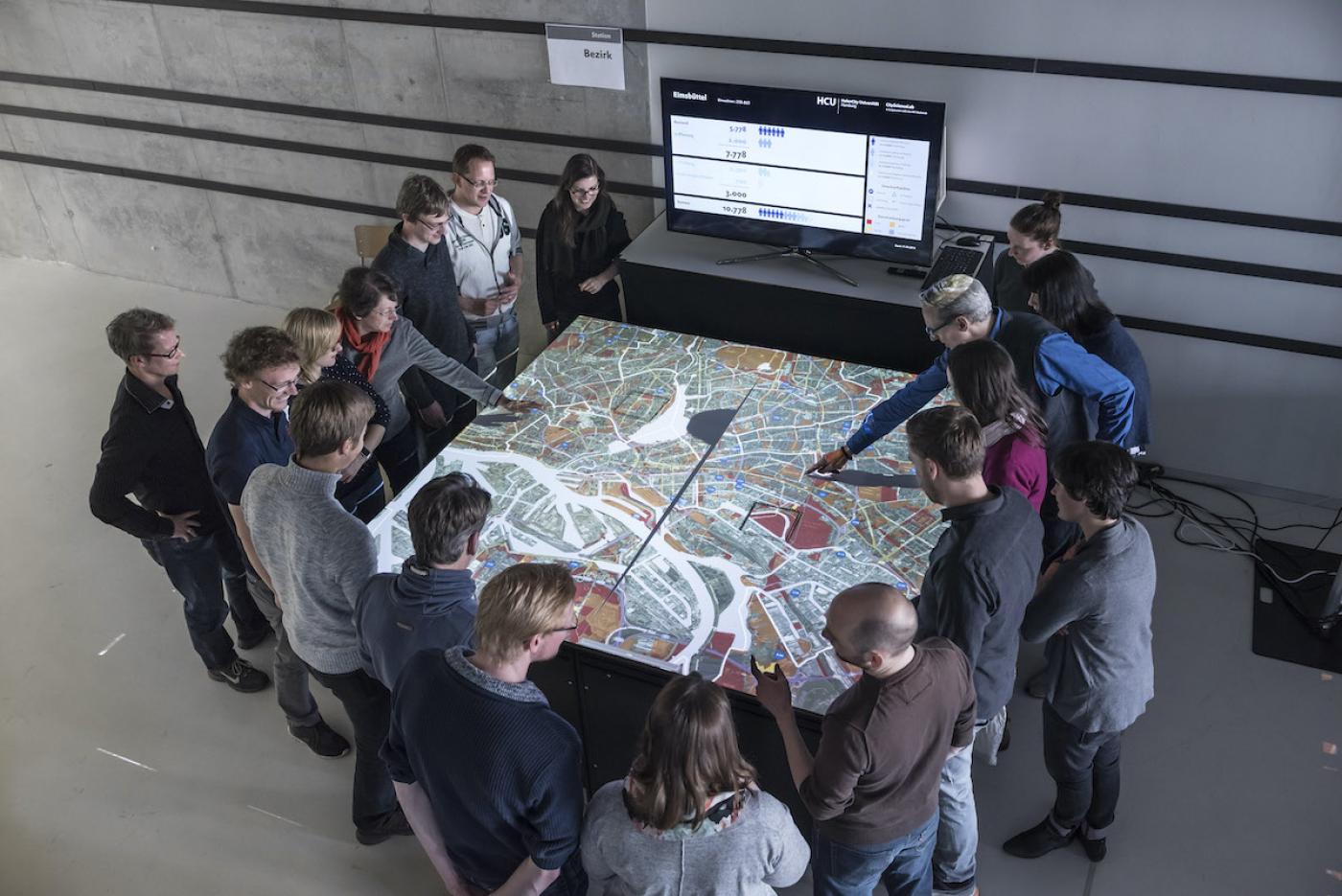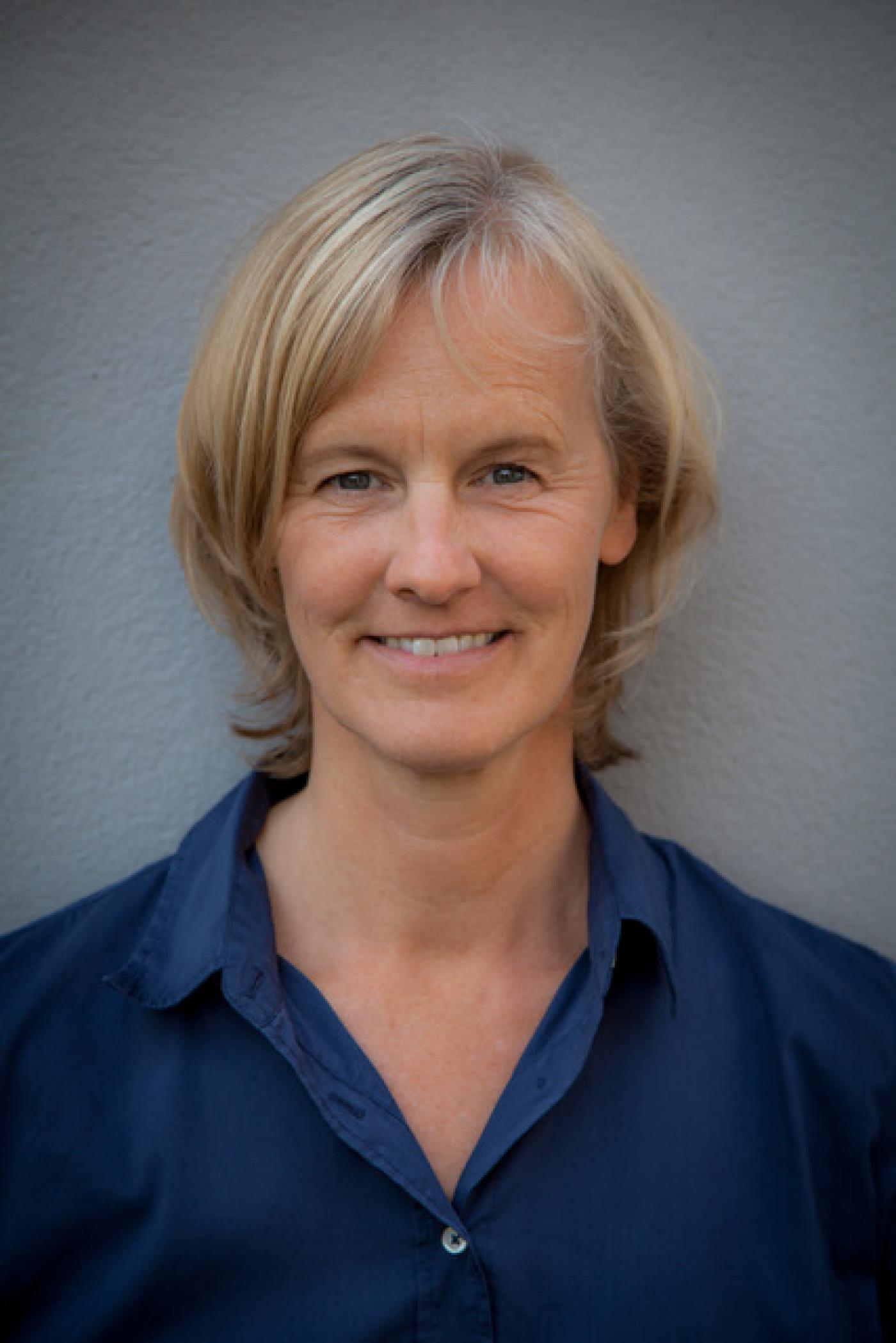Hamburg News: Urban planning impacts many people’s lives, but it often goes under the radar. What is your role therein?
Ziemer: An important part of our work is to get buy-in from multiple stakeholders. We get experts from various fields to sit down with urban authorities and simulate future urban-planning scenarios based on data. That helps us answer highly specific questions. What happens to a city, for instance, if its population were to increase? That is a very important issue for urban centres as it can affect property prices, green space planning, schools and traffic in a whole bunch of ways. Our simulations help stakeholders with decision-making and, of course, includes residents also.






